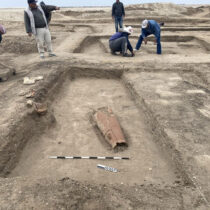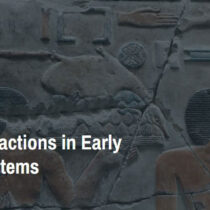Frequent reference has been made to the case of Athens as a representative example of how theatre could prosper under certain circumstances in a small town. However, the author of this article believes just the opposite and supports the opinion that the circumstances and data affecting the ancient Athenian theatre were, in fact, different from these prevalent today in our society. Therefore our experience from the Greek past has a limited value for the arts today. Theatrical performances in classical Athens took place on two major feasts; during Great Dionysia and Linea. Therefore people were in the mood and had the time to attend events. The city gave free tickets to those citizens who could not afford to buy them. Although the income from the performance was big, the expenses were also considerable. Of course, few actors were needed for each play but finally the number of people employed for all the performances given during each feast was big, around 1.000, according to M. Bieber’s estimations. The city in order to cover the consequent expenses ordained the donorship, which was undertaken by the wealthy Athenians. Therefore, apart from the fact that the state donations cannot be today equally high as were in ancient Athens, the interrelation of theatre with religion, which greatly contributed to the materialization of the performances, is absolutely absent, a factor that is probably more important than finance.
The finances of ancient Greek Drama. Its application to the arts in a small town today
31 Jul 2012
by Archaeology Newsroom
- A
- A
- A

